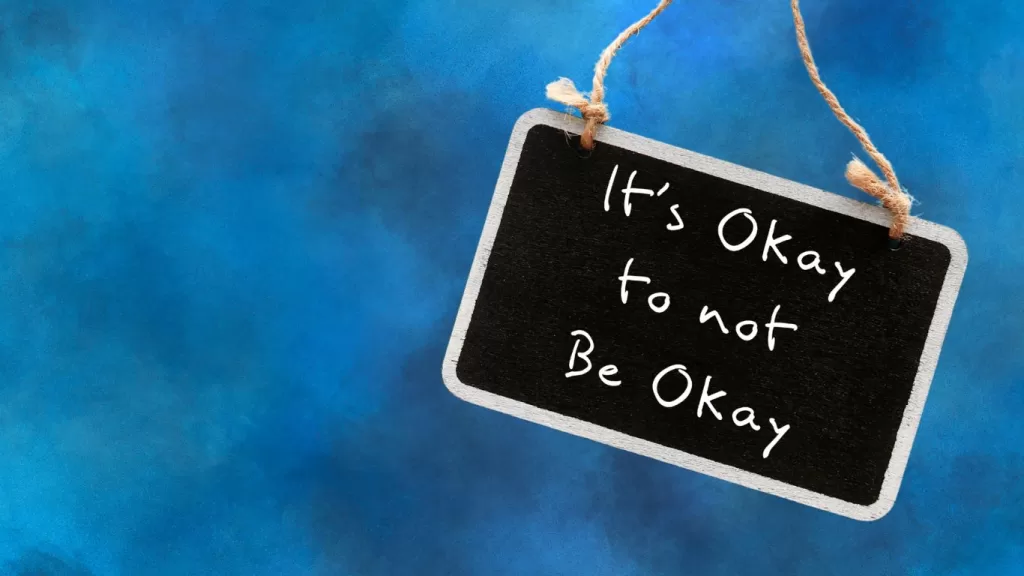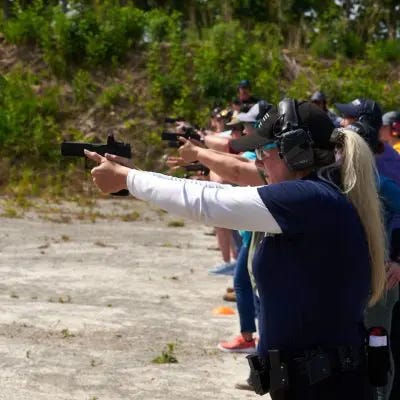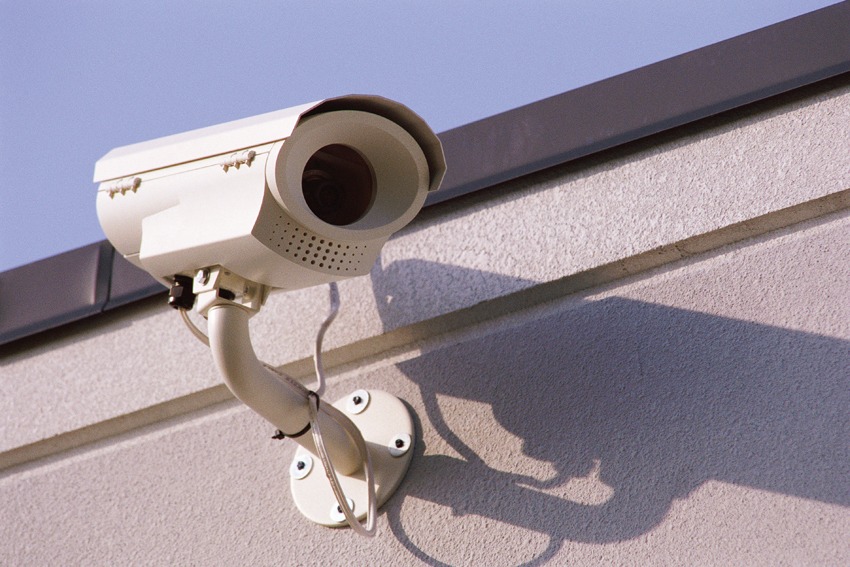Breaking the Silence: The Stigma of Mental Illness in Survivors

My Journey with Anxiety, Depression, and PTSD: Unraveling the Confusion
For a long time, I’ve kept quiet about my struggles with anxiety, depression, and PTSD. The stigma of mental illness weighed heavily on me, and I hid it, pushed it down, and told myself I was strong enough to get through it alone. Admitting that I wasn’t okay or asking for help has always felt uncomfortable, even shameful. I’ve struggled not only with my mental health but also with the societal stigma surrounding it. And I know I’m not alone in feeling this way.
For me, it started with anxiety, which came from a current trauma I was going through. It felt overwhelming, and the anxiety quickly escalated into depression. I tried to push through it, but the weight of those emotions was too heavy to ignore. But what truly shook me was I was diagnosed with PTSD for past trauma, which had been triggered by the current trauma. These experiences were unrelated, yet they were both intertwined by a common theme, powerlessness and fear. That sense of helplessness was a trigger for my PTSD, which made everything feel even more confusing.
I had been doing well, so why was this happening now? Why couldn’t I just be over it? That’s the message we so often hear from others, and unfortunately, from ourselves too. “Just get over it.” “It’s in the past.” “You’re fine.”

I was even too ashamed to tell my therapist when I first started feeling depressed. It felt like admitting defeat, like saying I wasn’t strong enough to handle it on my own. And when I was diagnosed with PTSD, I was afraid to tell my own husband. It felt really hard to talk about. Maybe I was still grappling with the whole idea of it. At times, I think it still hasn’t fully sunk in.
The thing about trauma is that it doesn’t follow a straight line. Healing isn’t linear. I believed I was over my past trauma, but when the current trauma triggered old wounds, it set me back and made everything harder to process. I thought I should be past it by now, but the truth is, healing takes time. And sometimes, it feels like the wounds just don’t fully heal. They resurface when you least expect it.
The Impact of Stigma
The stigma surrounding mental illness makes it incredibly difficult for survivors to speak up. There’s a misconception that strength means handling everything alone, that resilience means never struggling. But that mindset only isolates us further. It keeps us from getting the help we need, from connecting with others who truly understand, and from fully stepping into the lives we deserve.
Depression is far more common than people realize. According to the World Health Organization, more than 280 million people worldwide suffer from depression. In the U.S. alone, nearly 1 in 5 adults experiences some form of mental illness each year. Yet, despite how widespread it is, the stigma remains, making it even harder for people to seek help.
For women, especially survivors of violence or trauma, this stigma can be even heavier. We’re told to be strong, to fight through it, to not let our past define us. But ignoring the effects of trauma doesn’t erase them. It just buries them deeper, where they have the potential to grow into something even harder to manage.
Challenging the Narrative
I’ve struggled with the narrative of strength for a long time. The more people that told me I was strong, the more pressure I felt to handle everything on my own. To be okay, to keep pushing through. I told myself “I got this.” I convinced myself that admitting I wasn’t okay would somehow make me weaker. But in the end, that pressure pushed me to a breaking point, making it even worse than if I had allowed myself to seek help sooner.
There’s a dangerous misconception that if you’re strong, you shouldn’t struggle. But we don’t have to carry the weight of the world on our own. It’s okay to ask for help. It’s okay to not be okay. We don’t have to uphold the perfect image of strength to be resilient.
How Self-Defense and Safety Play a Role
What helped me start shifting my mindset wasn’t just time, it was action. Self-defense and personal safety gave me something I didn’t realize I needed: a sense of control. When PTSD felt overwhelming, when depression whispered that I wasn’t strong enough, training gave me proof that I was. Learning how to defend myself wasn’t just about physical protection, it was about reclaiming my power in every sense.
Self-defense training isn’t just for preventing danger. It helps survivors rebuild trust in themselves, sharpen their instincts, and regain confidence. It teaches us that we are capable, prepared, and in control of our own safety. And sometimes, that feeling of control is exactly what we need to push back against the helplessness that mental illness can bring.
Breaking the Cycle
The first step in breaking the stigma is acknowledging that mental health struggles don’t define us, and they don’t make us weak. If you’re struggling, you’re not alone. If you feel like you should be “over it” by now, know that healing happens at its own pace. And if you’ve been hiding it, I get it. But you don’t have to carry it alone.
Self-defense and personal safety aren’t just about physical strength. They’re about mental resilience, self-awareness, and reclaiming confidence in the face of fear. And sometimes, the strongest thing we can do is admit that we’re not okay, and that’s okay.
If this resonates with you, know that there’s no shame in your struggle. There’s no timeline for healing. And there’s strength in speaking up, in seeking support, and in taking back control, whether that’s through self-defense, community, or simply acknowledging that you’re doing the best you can.
You are not alone. And you are stronger than you know.
If you or someone you know has experienced sexual harassment, assault, or violence, help is available. Here are some trusted organizations that offer support and resources:
National Sexual Assault Hotline (RAINN)
Website: https://www.rainn.org
Hotline: 1-800-656-HOPE (4673)
Services: Offers confidential support, guidance, and connections to local resources.
The National Domestic Violence Hotline
Website: https://www.thehotline.org
Hotline: 1-800-799-SAFE (7233)
Text: Text “START” to 88788
Services: Provides support for domestic violence victims and survivors, including safety planning and access to shelters.
Crisis Text Line
Website: https://www.crisistextline.org
Text: Text “HELLO” to 741741
Services: Provides free, 24/7 support for any kind of crisis via text.
Stay connected with us on Facebook and Instagram for more self-defense tips, safety insights, and empowering content tailored to help women walk their path with confidence. Let’s keep the conversation going. Join us today!






Responses